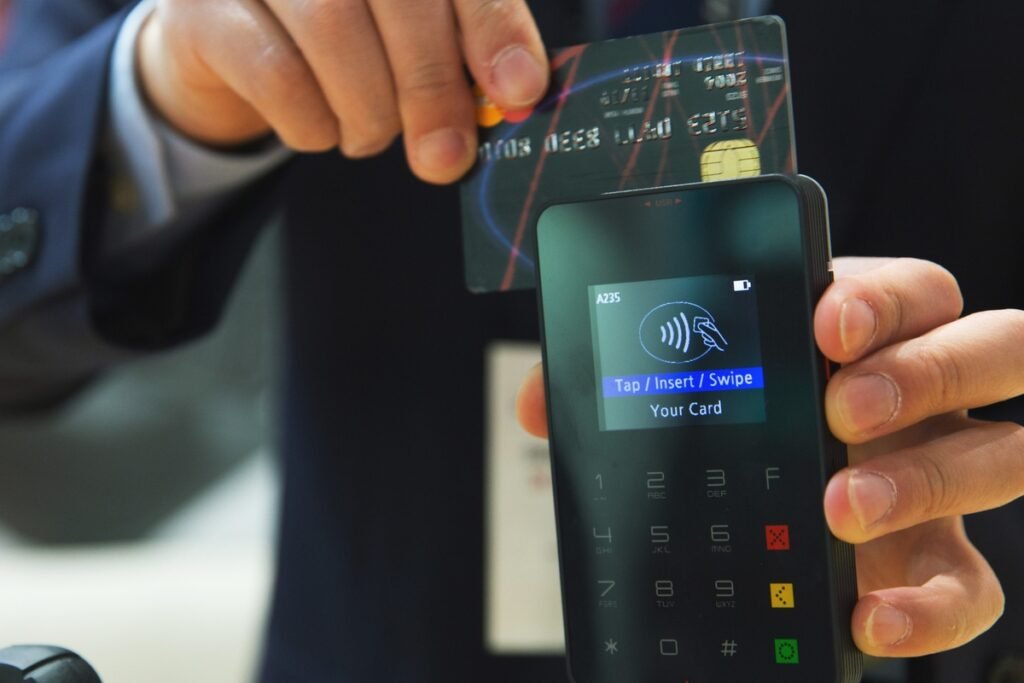If you or someone you know has had cash seized by law enforcement—whether during travel, at airports, or traffic stops—we can help. We handle:
- Cash seizures
- Structuring allegations (less than 10,000.00)
- Third-party wire transfers
- Money laundering investigations
- Sanctions avoidance related to cross-border transactions
- Transferring funds between Venezuela and the U.S.
These cases are especially relevant to Venezuelan nationals who may face federal charges without realizing their banking practices are criminalized under U.S. law.
Understanding Your Rights in Cash Seizures and Unauthorized Banking Investigations
Law enforcement can seize cash if they suspect it’s connected to illegal activity, such as money laundering, drug trafficking, or structuring to avoid reporting requirements. Even if you haven’t committed a crime, civil asset forfeiture laws allow agencies to hold your money while they investigate.
No, it’s not illegal to carry large amounts of cash. However, amounts over $10,000 must be declared when entering or leaving the country, and structuring transactions to avoid reporting can be a federal offense.
Structuring (also called "smurfing") is breaking down cash transactions into amounts below $10,000 to avoid Currency Transaction Reports (CTRs). It's illegal because it indicates an intent to evade federal reporting laws, even if the money itself is legal.
Yes. Cross-border fund transfers, especially between Venezuela and the U.S., may raise red flags related to sanctions violations, money laundering, or unauthorized banking activity. Even personal or third-party wire transfers can trigger federal scrutiny.
You must file a petition for remission or mitigation or request a judicial forfeiture hearing. Acting quickly with the help of an attorney is crucial, as there are strict deadlines and legal procedures to follow.
Do not ignore the notice. Contact a criminal defense or forfeiture attorney immediately. These notices often involve money laundering, structuring, or unauthorized financial activity charges.
Not inherently, but if a third-party wire appears to hide the true source or beneficiary—or involves countries under sanctions—it can be flagged for unauthorized banking activity or money laundering.
Penalties range from asset forfeiture to federal criminal charges, including money laundering, structuring, and sanctions violations. Convictions may result in hefty fines and prison time.
Money laundering is disguising the origins of money obtained through illegal activity. Large unexplained cash amounts or structured transactions can be flagged as suspicious, often leading to cash seizure and federal investigation.
Yes. Ignorance of sanctions law is not a defense. If you transfer funds to or from sanctioned individuals, entities, or countries (like Venezuela, Iran, or Russia), you could be charged with sanctions evasion, even unintentionally.

